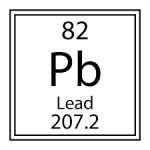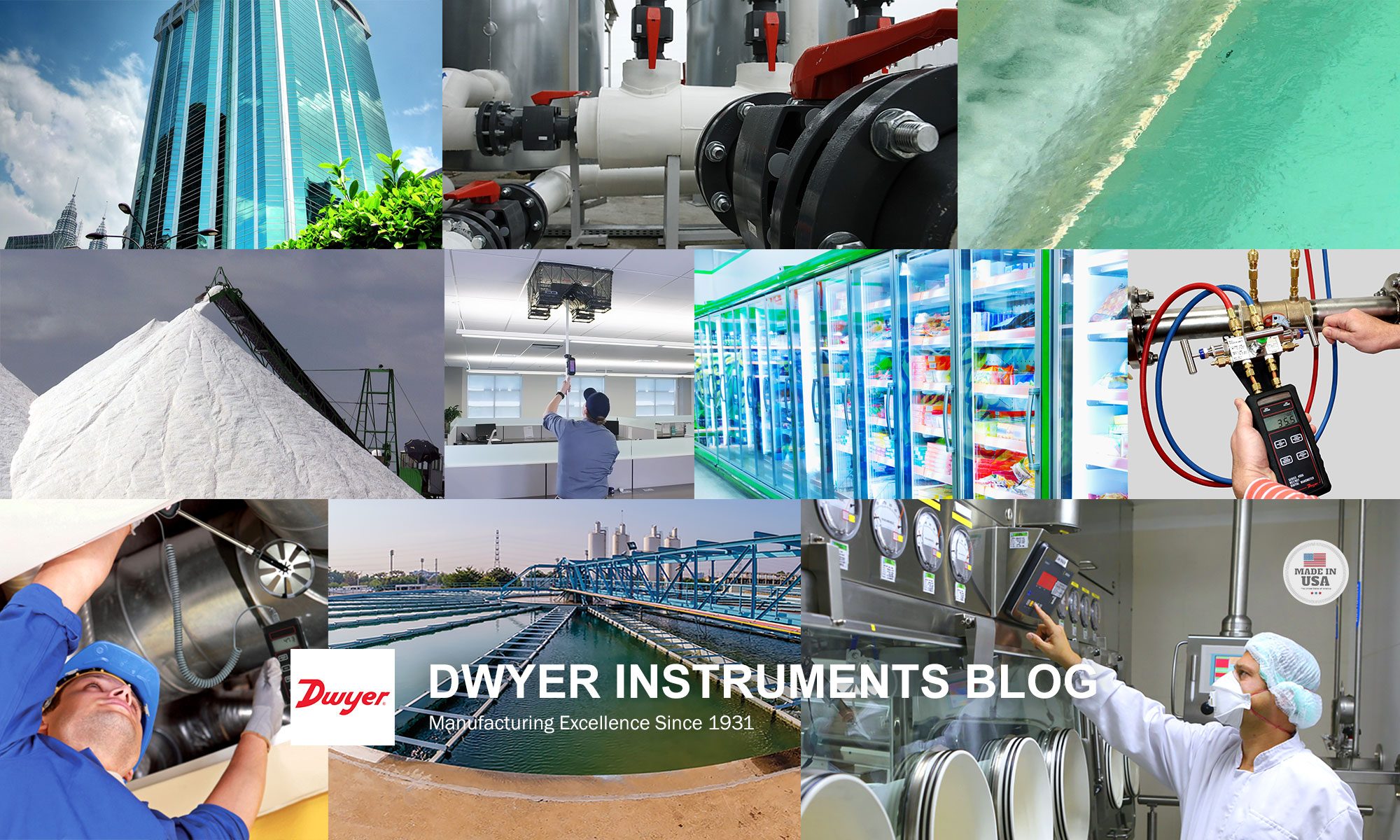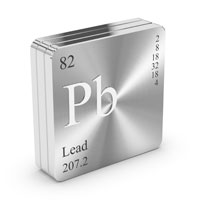In a world of constantly changing approvals and requirements, is it realistic to expect a customer to stay up-to-date with the latest and greatest information? Things that were once deemed acceptable are now found to cause serious health complications. Consequentially, there are all kinds of agencies in place designed to keep products safe, regulate material composition, and educate the consumer.
But how does an individual, not experienced in the industry, know what is necessary (or pertinent) to their specific application? If I want to purchase a water meter for my home or business and am unfamiliar and unlicensed with those specific regulations, am I putting myself or my business at risk? Particularly something like lead, which according to the CDC ,“[…] can affect nearly every system in the body.”
water meter for my home or business and am unfamiliar and unlicensed with those specific regulations, am I putting myself or my business at risk? Particularly something like lead, which according to the CDC ,“[…] can affect nearly every system in the body.”
What I am about to say may come as a surprise to most. Lead has not only been used in consumer products in the U.S. for centuries; it’s currently still used within most general manufacturing processes and hidden in the form of “brass.” Brass is used for everything from decorative items and musical instruments to plumbing, electrical, and automotive applications. Brass is also used in a variety of instrumentation.
Brass is a metal alloy comprised primarily of copper and zinc; however, to enhance its machinability, lead is typically added to bring down the melting point and make brass easier to work with. Even today, it is very common for brass to contain lead at concentrations around 2% or more.
Brass with lead content is commonly used for applications where there is no wetted contact with liquids and is not intended for human consumption. In the instrumentation industry, this includes applications such as closed loop heating/cooling systems or general industrial applications. The bottom line is that as long as there is no worldwide regulation completely banning the use of lead, it may be readily found in a variety of metal alloys.
So, what if an individual wishes to use brass or metal that is lead-free? To ensure a product is composed of lead-free brass, other lead-free metal alloys, or a non-metal alloy altogether, I would encourage you to make sure that the lead percentage content is requested from the manufacturer at the time of purchase.
Some states, such as California, require lead-free materials for anything that comes into contact with humans. The definition of lead-free brass can differ, so make sure you request the lead content. For example, in California, 0.25% is the maximum amount of lead content that may be included in brass to be constituted lead-free brass— which is 1/16 of the previously accepted 4%.
Materials or metals such as stainless steel (grades such as 304 or 316) are not composed of lead. As long as the manufacturer clearly lists the grade of SS, and conforms to those standards, that can be a suitable alternative if a specific approval is not necessary for the application and the stainless steel composition is acceptable.
There are also specific approval agencies that offer lead-free or safe drinking water approvals. One such agency is the National Sanitation Foundation, or NSF. Founded in 1944, NSF develops public health standards and certification programs on topics such as water consumption. Most notable is the NSF/ANSI 61 G approval. This approval is specific on percent content of lead per exposed wetted surface area. The NSF/ANSI 372, also known as NSF/ANSI 61 Annex G prior to October 2013, ensures that the weighted average lead content for these wetted materials is less than 0.25%.
When seeking a product that requires lead-free components, and when considering a product that has brass as a wetted component, make sure to request the lead content of the brass. If this is not available, look for product comprised of brass listed as lead-free or approved to ensure that the material does not contain an unwanted amount of lead; particularly for drinking or potable water applications.
Understand what you require and know your options. As consumers, it is our responsibility to know what we are using. While health and safety agencies are pertinent and essential, do not leave your well-being in the hands of others. Know what you need, educate yourself on the proper requirements, and if ever in doubt, consult with a professional. Only then will you have done your due diligence to ensure you are getting what you require.

